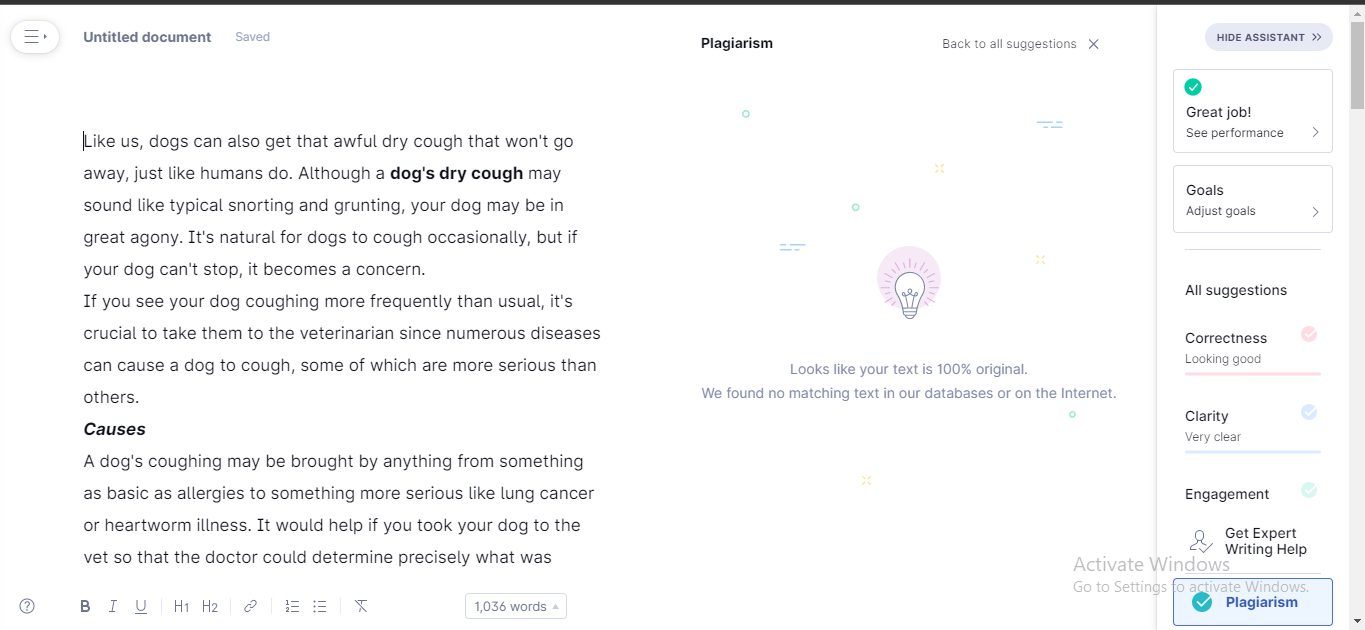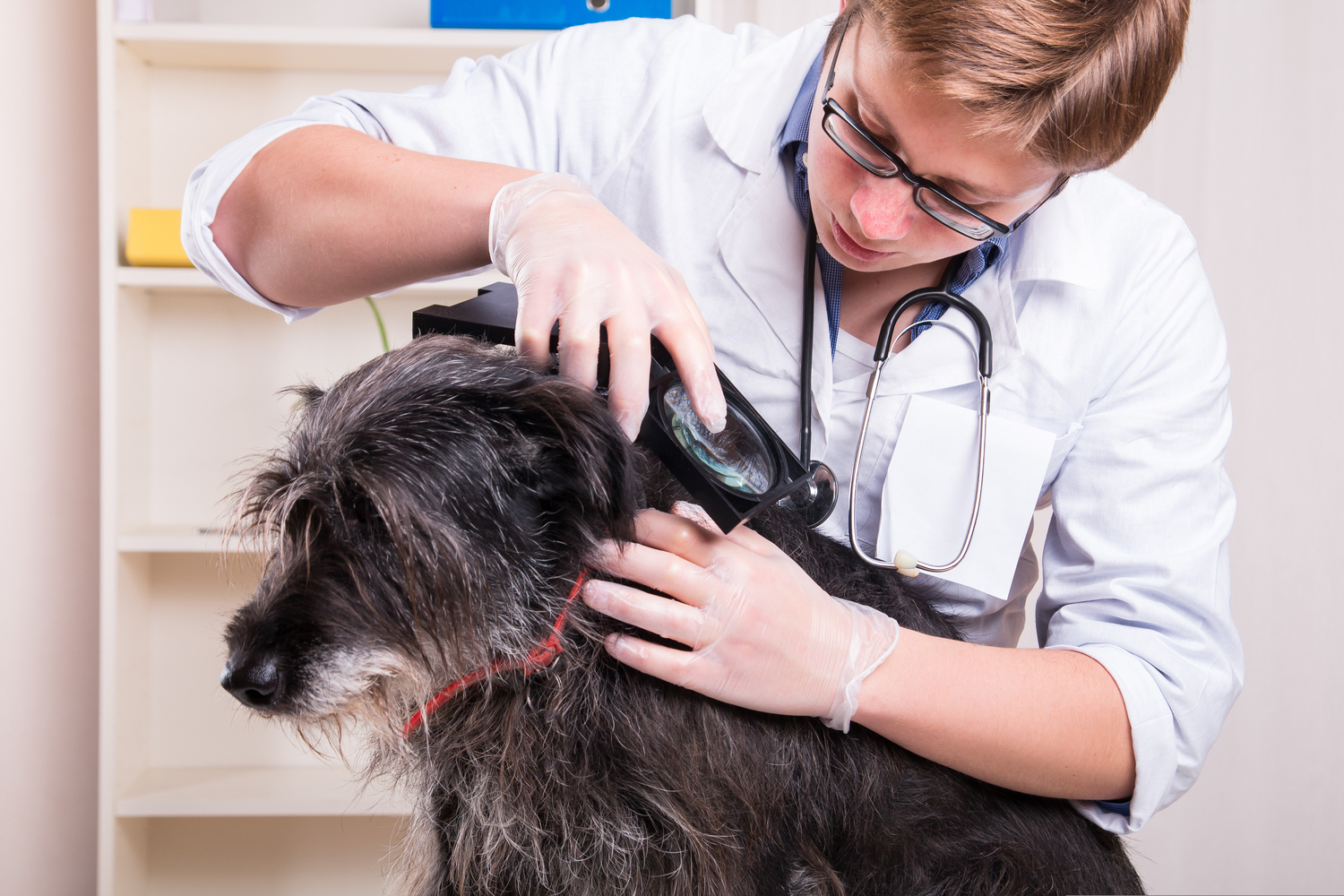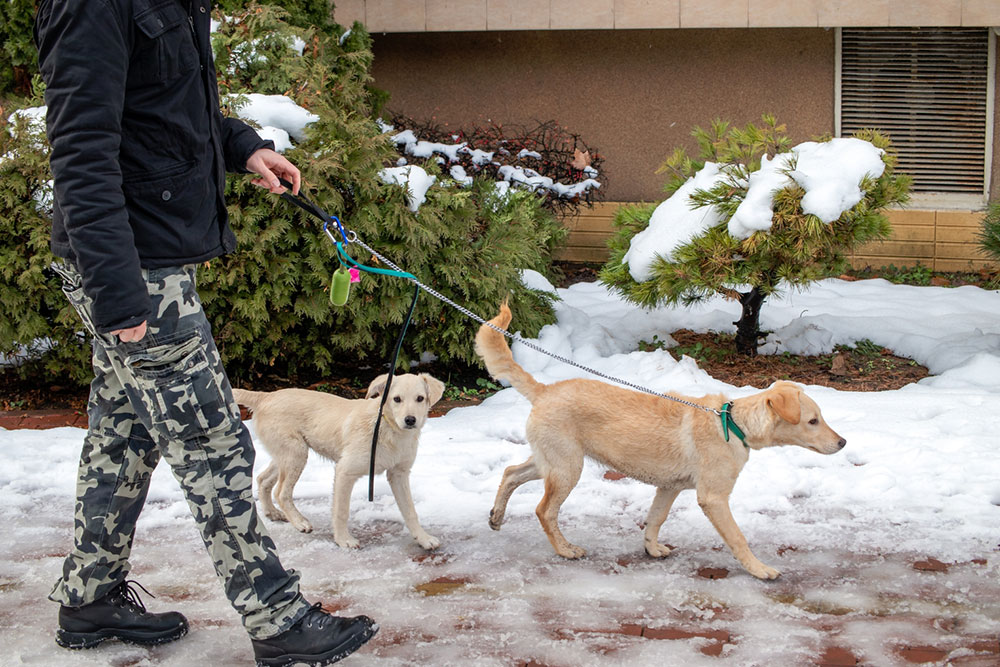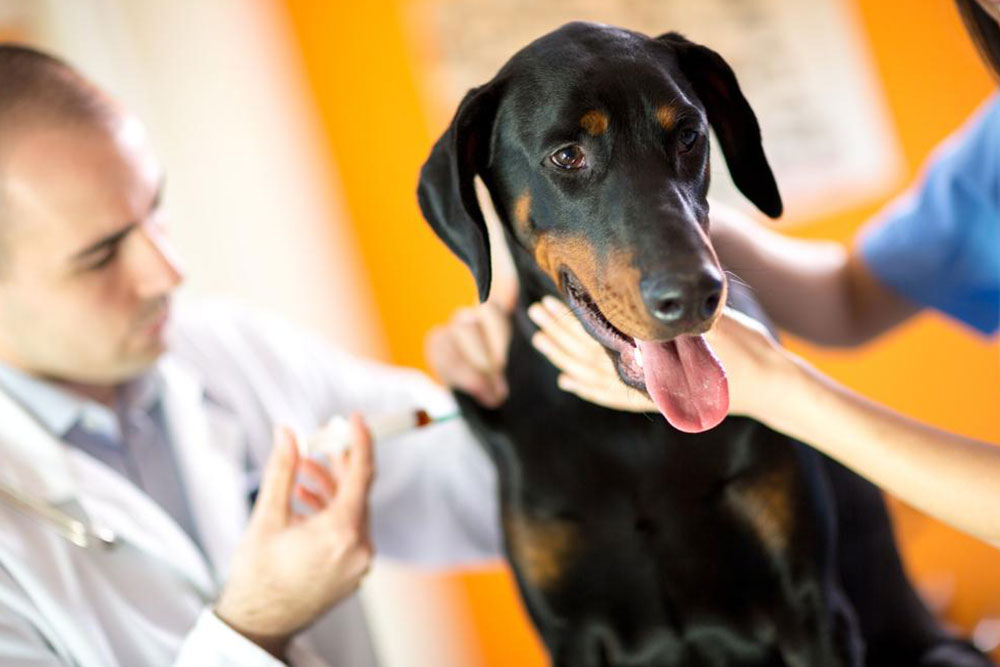Comprehensive Guide to Dog Dry Coughs: Causes, Symptoms, and Effective Treatments
This comprehensive article offers in-depth insights into the causes, symptoms, and treatments of dry coughs in dogs. It emphasizes the importance of early veterinary diagnosis, discusses common health issues like kennel cough and tracheal collapse, and provides practical tips for prevention and natural remedies. Perfect for dog owners seeking to ensure their pet's respiratory health, the guide highlights both medical and home treatment options to promote recovery and long-term well-being.

Comprehensive Guide to Dog Dry Coughs: Causes, Symptoms, and Effective Treatments
Dogs are beloved companions known for their loyalty and joyful presence, but just like humans, they can experience health issues that require attention. One common concern among dog owners is persistent dry coughing, which could be a sign of underlying health problems. While occasional coughing might be harmless, frequent or severe dry coughs demand prompt veterinary assessment to identify the root cause and initiate appropriate treatment. Proper diagnosis and early intervention are crucial to ensure your furry friend's well-being and comfort.
In this detailed guide, we explore the potential causes of dry coughing in dogs, recognize symptoms that require urgent attention, and discuss effective treatment options. Whether caused by minor irritations or more serious health conditions, understanding these factors empowers pet owners to make timely decisions that can significantly improve their dog’s quality of life.

Dry coughing in dogs can result from a range of health issues, environmental factors, and accidental injuries. Knowing what to look for can help you quickly identify whether your dog needs veterinary care or if home remedies may suffice.
Common Causes of Dry Coughing in Dogs
Understanding the typical reasons behind dry coughing is essential for effective management. The causes can be broadly categorized into infectious diseases, environmental irritants, anatomical or physiological conditions, and parasitic infestations.
Infectious Diseases: One of the most prevalent causes is kennel cough (canine infectious tracheobronchitis), a highly contagious respiratory infection caused by bacteria, viruses, or a combination of both. Symptoms often include a dry, hacking cough, sneezing, and nasal discharge. Other viral illnesses like canine influenza also contribute to respiratory symptoms.
Foreign Objects and Irritants: Dogs tend to explore their environment with their mouths, making ingestion of small foreign objects common. Toys, food particles, grass, or debris lodged in the airway can trigger persistent coughing episodes. Additionally, environmental irritants such as cigarette smoke, pollen, mold spores, dust, and pollution can inflame the respiratory tract, leading to dry coughs.
Chronic Anatomical Conditions: Tracheal collapse, prevalent in small dog breeds such as Yorkshire Terriers, Chihuahuas, and Pomeranians, causes the trachea to weaken and partially collapse during breathing, resulting in a characteristic honking cough. Bronchitis and other chronic respiratory conditions also contribute to ongoing dry cough episodes.
Heartworm Disease: Heartworms are parasitic worms transmitted through mosquito bites, which infest the heart and pulmonary arteries. The infestation can cause coughing, difficulty breathing, and fatigue. If untreated, it can lead to severe health complications and requires prompt treatment.
Recognizing Symptoms and When to Visit a Veterinarian
While mild coughing might resolve on its own, persistent or worsening symptoms demand veterinary attention. Look out for associated signs such as lethargy, loss of appetite, nasal discharge, difficulty breathing, bluish gums, or coughing that lasts longer than a week. Immediate veterinary consultation is essential if your dog exhibits signs of distress, bloody or thick mucus, or sudden worsening of symptoms.
Effective Treatment Options for Dog Dry Coughs
The treatment approach depends largely on the underlying cause. Veterinarians may recommend the following interventions:
Medications: Antibiotics are prescribed for bacterial infections like kennel cough. Cough suppressants, steroids, or bronchodilators may be used for allergic reactions or respiratory conditions.
Natural Remedies: For mild cases, certain home remedies can soothe your dog's throat, including honey, coconut oil, herbal syrups like wild cherry bark, or immune-boosting supplements such as Tossa K. However, these remedies should complement veterinary care, not replace it.
Preventive Measures: Vaccinations against common respiratory pathogens are highly effective in preventing infectious causes of cough. Regular veterinary check-ups, avoiding environmental irritants, and minimizing exposure to other sick animals can substantially reduce risk.
Recovery and Prevention Tips
The prognosis for dogs with dry coughs varies based on the cause and severity, but most dogs recover within two to three weeks with appropriate treatment. However, persistent coughs beyond ten days or worsening symptoms warrant prompt veterinary follow-up.
Preventative strategies include maintaining a healthy environment, ensuring your dog receives the recommended vaccinations, and avoiding exposure to cigarette smoke, pollen, or dust. Regular exercise, a balanced diet, and keeping your dog at a healthy weight also contribute to overall respiratory health.
In conclusion, recognizing the causes of dry coughing in dogs and knowing when to seek veterinary care are vital steps to ensure your pet remains healthy and comfortable. With proper diagnosis, treatment, and preventive measures, you can significantly improve your dog's quality of life and provide the best possible care.







